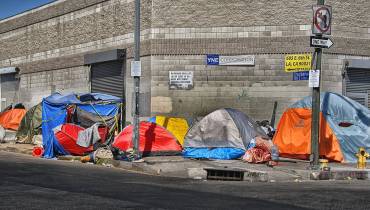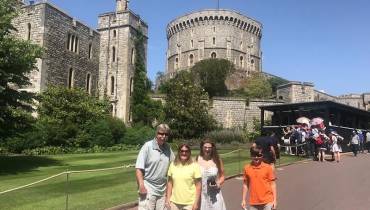Tips for Seniors to Age Gracefully and Remain Independent
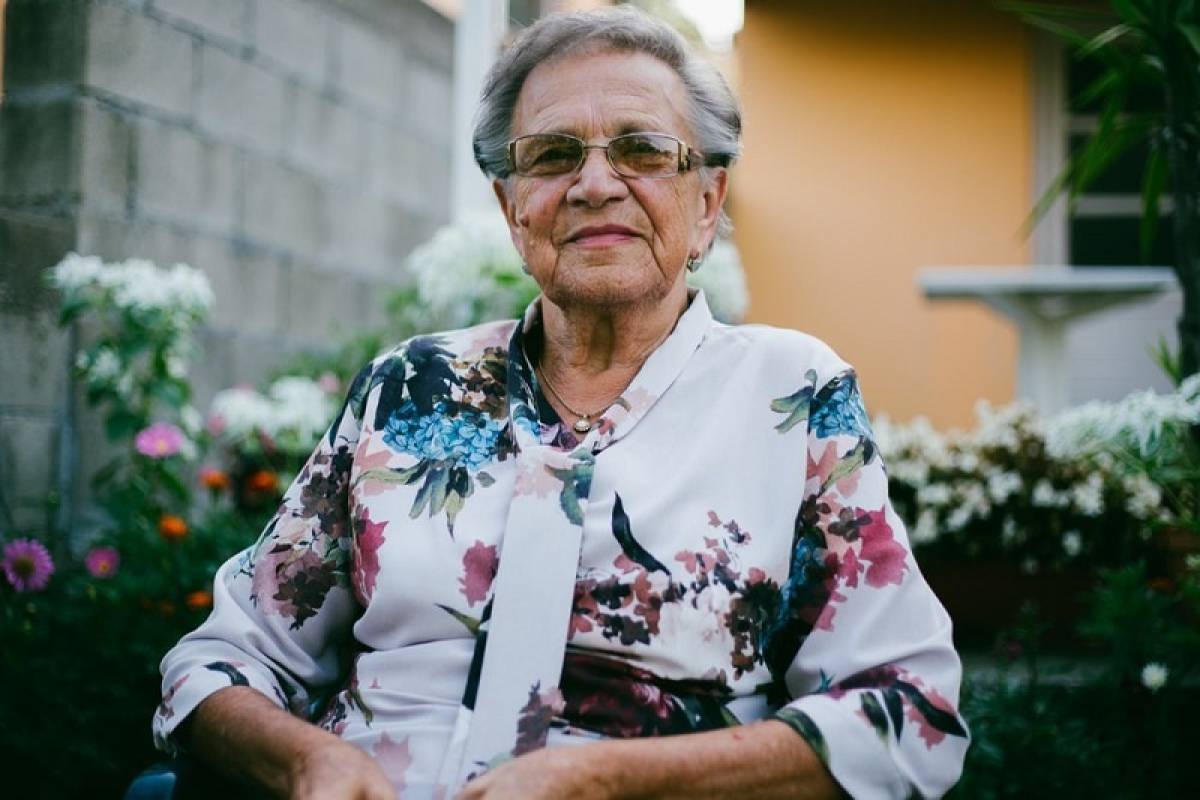
The world is facing an increasingly ageing population, especially in the industrialized world. According to the World Health Organization, the number of older adults over 60 years will more than double by 2050, representing nearly 22% of the world's population.
Society needs to start recognizing and focusing on the social impact of this demographic change and help seniors age gracefully and stay productive and independent for as long as possible. People who are 50 years and older are in fact a huge financial force, generating over $7.6 trillion in economic activity in the U.S. alone, per a 2016 Longevity Economy report.
At some point, you will also notice your own loved ones start to age and slow down. While you try to step in and do as much for them as you can, helping seniors stay independent is a great way to ensure they maintain their dignity and self-respect. It is also an effective way to ensure they continue to contribute to their own physical, mental, emotional, and financial well-being.
In the quest to help seniors age gracefully and stay independent, your job is to engage them in whatever they want and are able to do.
Seniors today have several choices that can map their activity blueprint like wellness and fitness gadgets and having aged care courses. This latter option in particular details the physical and emotional activities they need to do, as well as any assistive care they may need.
And if you are an elderly person yourself or feel age is slowly catching up with you, there are helpful tips for seniors you can use to age gracefully and stay active.

Here is a breakdown of top tips to help seniors age gracefully, actively and remain independent.
1. Identify Senior’s Specific Needs
The most basic thing to do first is to identify the needs of seniors in terms of assisted care. Seniors citizens who use wheelchairs for mobility, for example, have different needs for in-home care as compared to seniors who have, say, early onset of dementia or other condition.
To properly identify the level of care needed, write down any illness or condition a senior has. Additionally, write down any other task or item you need assistance with, if you are the senior.
Literature review of “what are the elderly’s basic needs that should be fulfilled” have identified financial management, medicine administration, management of appointments, meal preparation and laundry as among the most common assistance features seniors need.
Additional features and assistance for seniors may include errand running, companionship, bathing, grooming, transportation, and personal security.
The chief aspect here is to identify the specific needs that the senior requires assistance with and arrange to provide it so that they can be free to pursue other independent tasks, based on the urgency or necessity of the care needed.
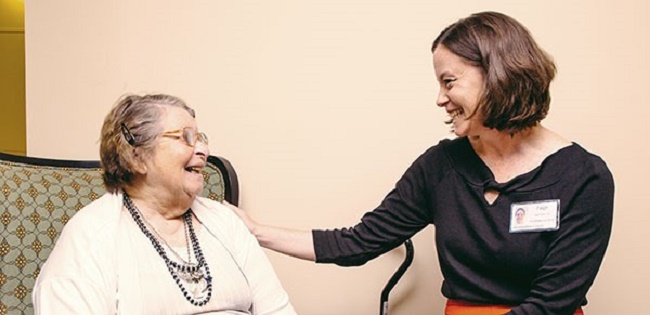
2. Support Seniors Social Life
Another important point to keep aging parents, friends and other seniors independent is to support their social life. Start looking for people that have similar or same passions, interests or inclinations as your elderly senior and introduce them to each other.
Encourage social activities like attending church or reconnecting with old friends. It’s a powerful way to make them feel alive. You can use online sources like seniors’ forums and offline community events like church gatherings to meet new people.
In case you are the senior and you cannot manage such activities, go to the library, theatre, senior meetup groups, or other seniors’ community centers and events. The point here is to stay engaged socially with others as it helps in maintaining good emotional health.
If there is an activity that you’ve always wanted to try, go for it and support other seniors to try it, too. Maybe it’s working in a wood shop, joining a book club, or enrolling for meditation classes, new activities will challenge you to explore and meet new friends. Moreover, having healthy social relationships has been shown to have an impact on your brain’s functioning.
According to the National Institute on Aging, strong social relationships are “consistently associated with biomarkers of health.” This includes reduced levels of an inflammatory factor called Interleukin-6, which is associated with disorders such as Alzheimer’s.

3. Get Seniors Used to New Tech and Gadgets
A crucial part for seniors today is to help them have a basic understanding of and get used to modern, smart-living technological equipment like cell phones, voice assistants and remote care systems. Safety and smart-living systems and tech are an important sidekick to happier aging.
Smartphones, for example, are more than just a medium to text, send emails, or surf the internet for vital information. Seniors can use cell phones to set their calendar, alarms and make emergency call as a measure that can simplify and save their lives.
You can also gain valuable advice and knowledge online qualified medical practioners regarding different health conditions, if you are the senor. Qualified doctors can even prescribe and recommend medication that’s needed over the phone or video calls.
Seniors feel secured knowing that they have access to modern tech and tools that they can use to get emergency response when and if needed.
In short, understanding and being able to use the solutions offered by the so-called “active aging industry,” which include safety and smart-living technologies, health and remote care, and wellness and fitness technologies, gives seniors greater peace of mind and independence.
4. Support Seniors’ Fitness and Exercise Routines
Fitness is an important aspect for every age, and focusing on exercises will ensure seniors remain fit and active. As people’s age increases, we tend to lose muscle strength and become prone to slips and falls. Staying active is critical for seniors to strengthen the muscles.
So, keep seniors under regular and appropriate exercise regimes. Whether it is a yoga class at the senior center, a walk or cycling around the block, or simple chair exercises at home, exercise will go a long way in helping older, aging adults stay fit and strong.
The point here is to keep physical exercises top priority. If a senior has any recommendations for exercises, make sure to support and encourage then to practice it regularly. Physical fitness and exercises coupled with a balanced diet helps reduce muscle loss and keeps diseases away.
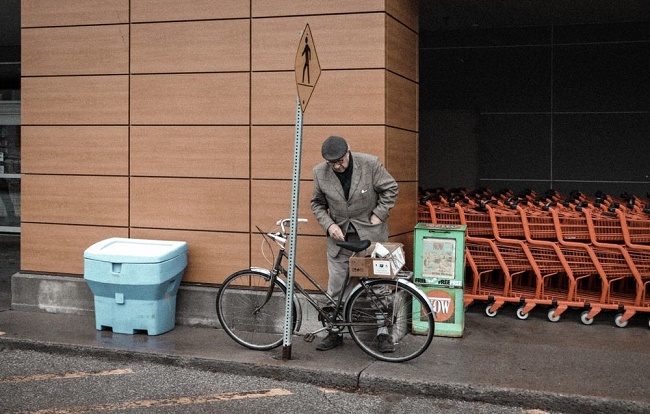
5. Support Seniors to Stick to Schedules and Appointments
Another important aspect to help seniors stay active and remain independent is not to let them slack off and skip their schedules and appointments, including medical appointments.
Visiting a doctor, for example, can sometimes become a hassle for elderly persons, but it is crucial for their health and well-being that they are faithful to the medical appointments.
As we age, having routine checkups is essential to maintain good health and independence.
6. Maintain a Clean and Safe Living Environment for Seniors
Another important aspect to bring joy and independence to seniors is to provide them with a safe, clean and secure living environment. Such an environment will maintain a healthy functional area and improve their lifestyle significantly.
A safe environment for seniors starts by clearing all the unnecessary furniture from rooms to give them more moving space. Identify any hazardous items that can potentially harm or injure them, and remove them. You can donate or throw away anything that’s not needed at home.
Also, provide aging loved ones with medical alert systems, especially if they live alone independently. These useful alert and response systems vary from push-button alerts to direct connection to a medical center, enabling seniors to call for help whenever needed without waiting for anyone.
Besides helping to ensure safety throughout their home and giving seniors a safe and secure environment where they can live and move freely without any danger, family members will also have peace of mind knowing they can check in on their elderly loved ones whenever they want.

Conclusion
Enhancing the quality of life for all as we age is a responsibility we should all take seriously. And keeping seniors active and independent is a way to safeguard their self-respect and dignity, ensuring they keep pursuing their goals and dreams, and continue being productive members of society.
Seniors may have lost some of their energy with age, but they remain valuable parts of our lives. Just like any other human being, they also need love, care and assistance to keep them active and ensure they live longer, healthier, more financially secure and productive lives.
The points above are ways you and family members can use to provide elderly members of society the support they need for good health and independence. In that way, seniors can age gracefully, knowing they’re in a secure environment with loving, caring people around them.







